Today’s thriving historical fiction genre provides readers with an escape from everyday life and a glimpse into a different time period in history. While the entire genre is booming, novels set during World War II are particularly popular; there are many stories still to be told. Here are 12 historical fiction books set during World War II that are true standouts in the genre.
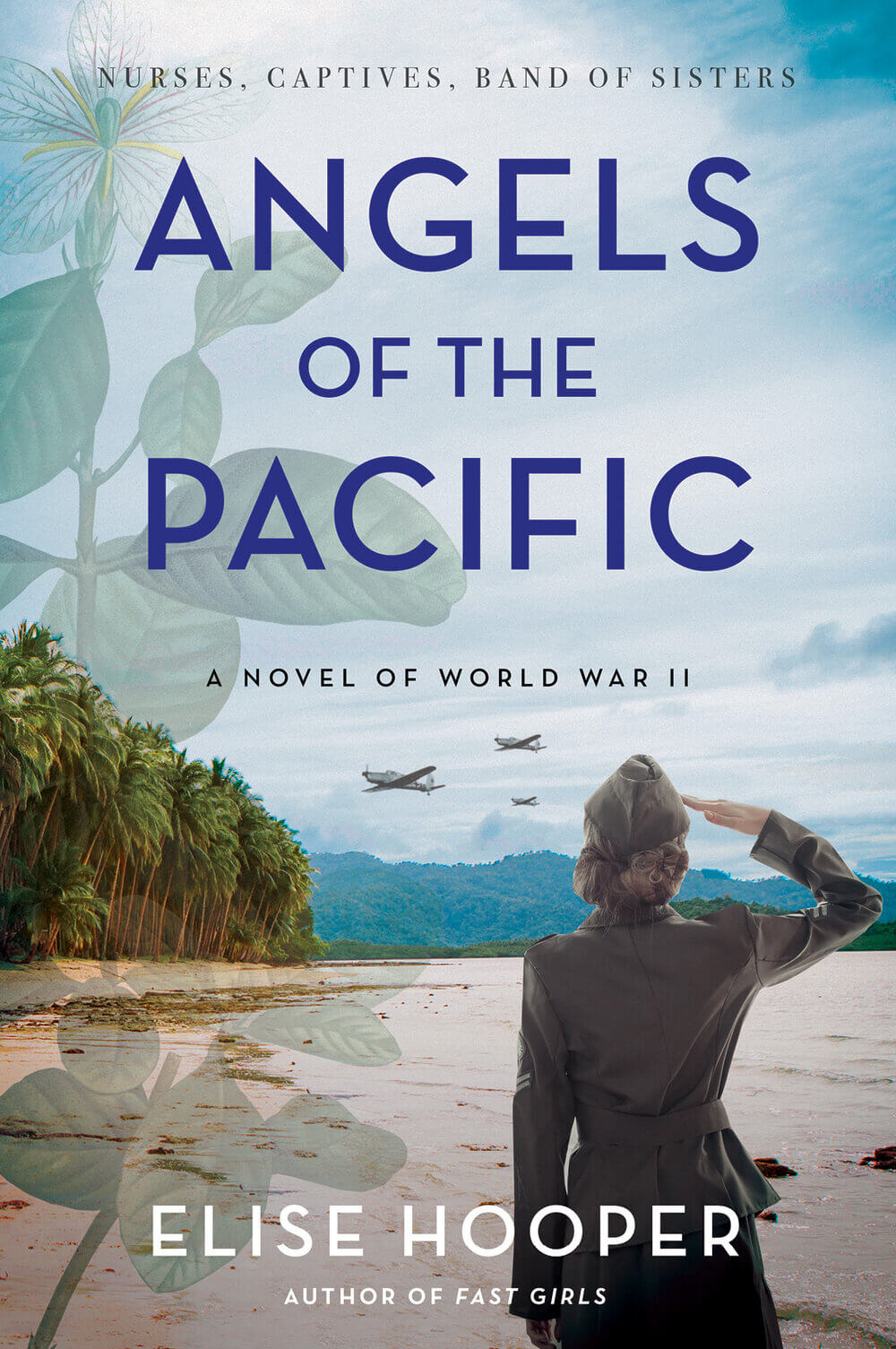
Angels of the Pacific by Elise Hooper
Set in the Philippines during World War, Angels of the Pacific focuses on the Angels of Bataan, a group of U.S. Army and Navy nurses who courageously endured four years in the Santo Tomas Internment Camp after the Japanese Imperial Army invaded the Philippines. Hooper also highlights the role that Filipinas played in the resistance, working to thwart the Japanese invaders.

The Book of Lost Names by Kristin Harmel
Harmel’s novel chronicles the story of a skilled forger who risks her life during World War 2 to help hundreds of Jewish children escape the Nazis. To ensure that the children’s original identities will not be permanently erased, Eva and a fellow forger create a coded system to secretly preserve the real names and identities of the escapees. Decades later, the code is discovered but cannot be decoded, and Eva must decide if she has the strength to revisit the past.
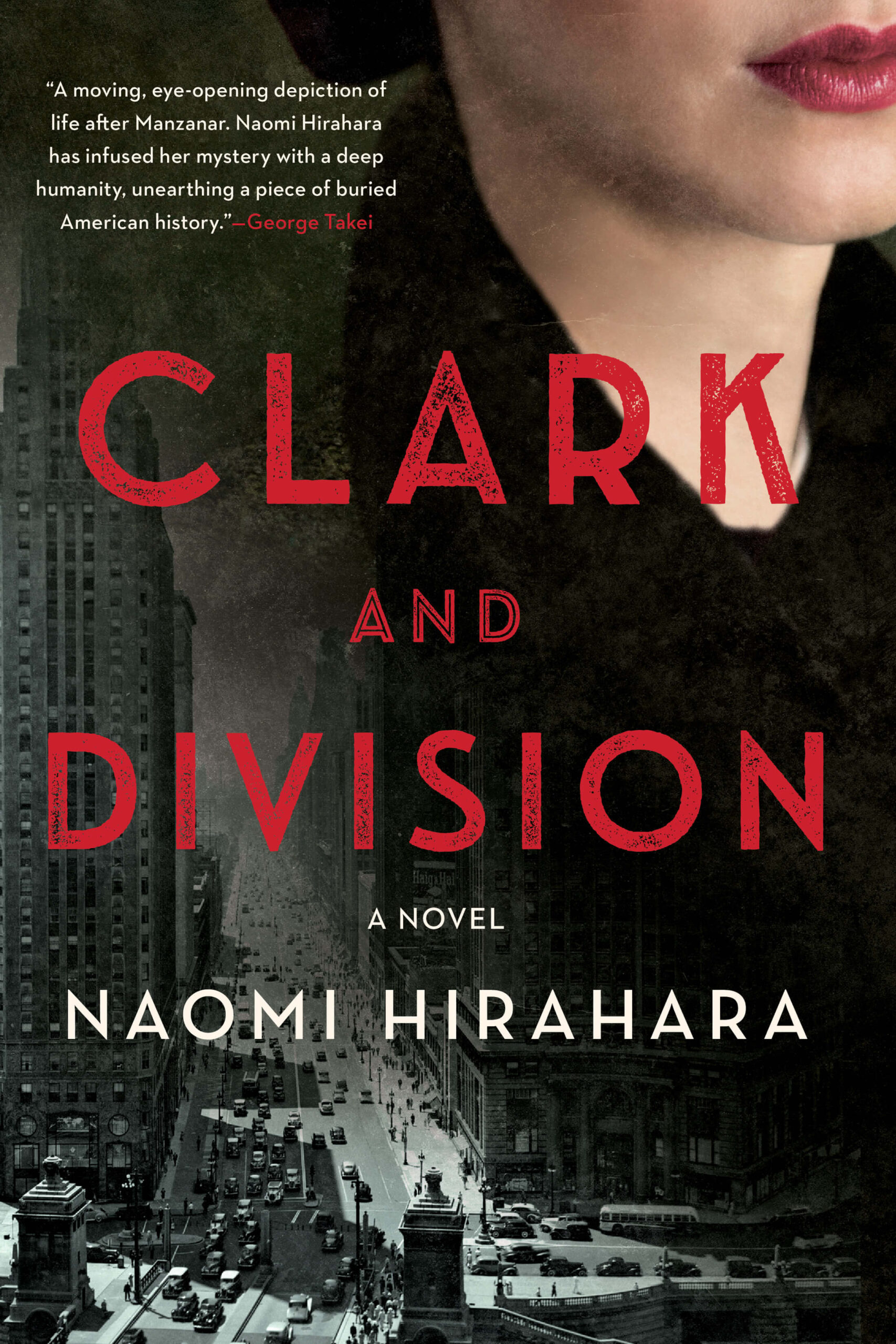
Clark and Division by Naomi Hirahara
Following the bombing of Pearl Harbor, the Ito family, Aki and her parents, are sent to Manzanar, a Japanese detention camp in California. When they are released, their prior life is gone, and they are transported to Chicago, where Aki’s sister Rose was sent previously, as part of a resettlement program where they live in a new Japanese American neighborhood near the intersection of Clark and Division. On the night before the family is reunited, Rose is killed by a subway train, and her death is ruled a suicide. Aki believes there is more to the story and sets out to find the truth about Rose’s death.
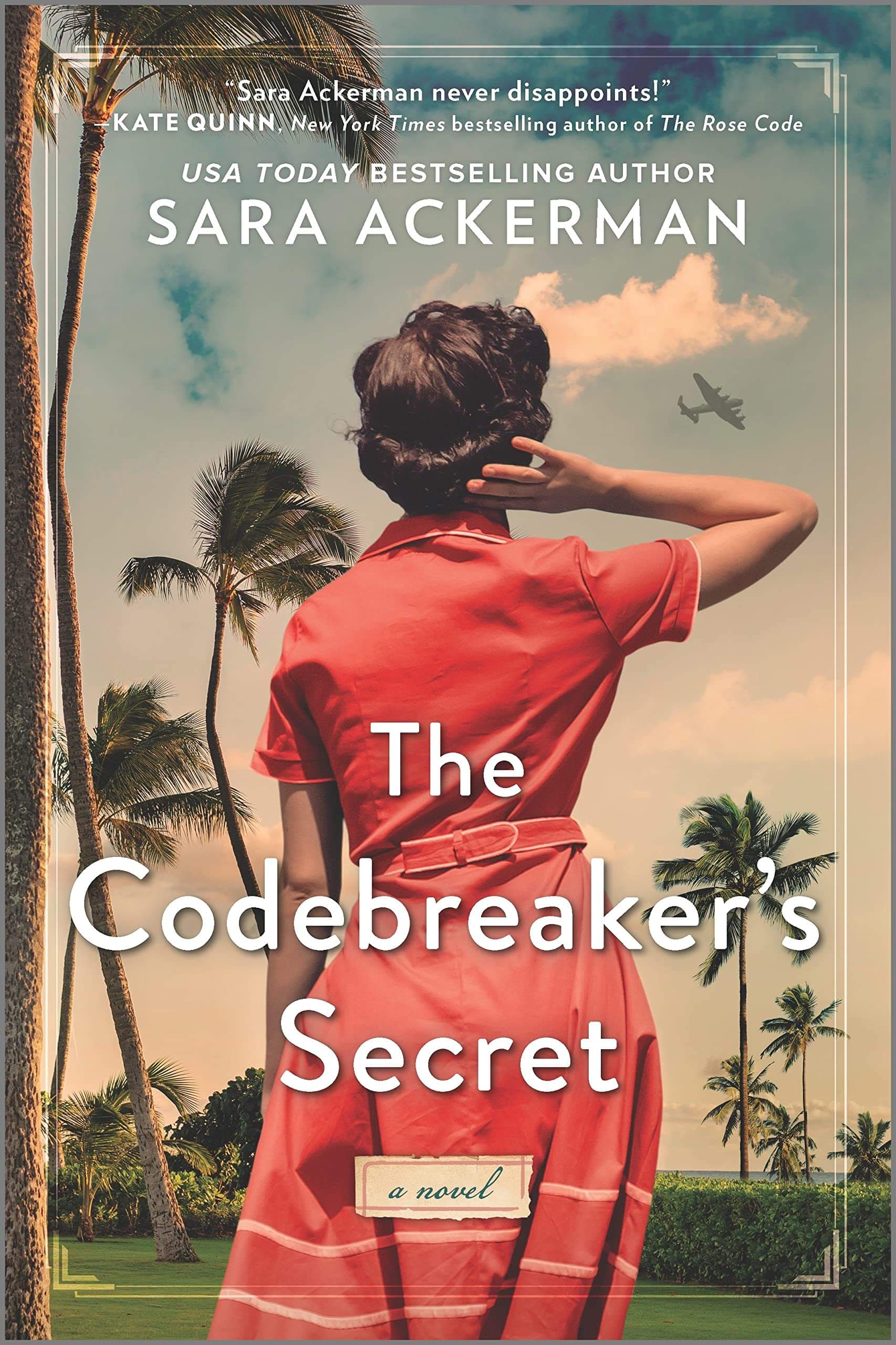
The Codebreaker’s Secret by Sara Ackerman
After helping crack the German Enigma code, Isabel Cooper is sent to Pearl Harbor’s Station HYPO, its code breaking center, to help break the Japanese Magenta codes in an attempt to win the war. Angry that her brother was killed in the attack on Pearl Harbor, Isabel believes the only way she can avenge her brother’s death is to crack these codes. Two decades later, a young journalist is sent to Hawaii to cover the opening of the Mauna Kea Beach Hotel and is roped into the hunt for a prominent guest who goes missing. While searching for the guest, she uncovers a wartime secret that she must work to unlock.
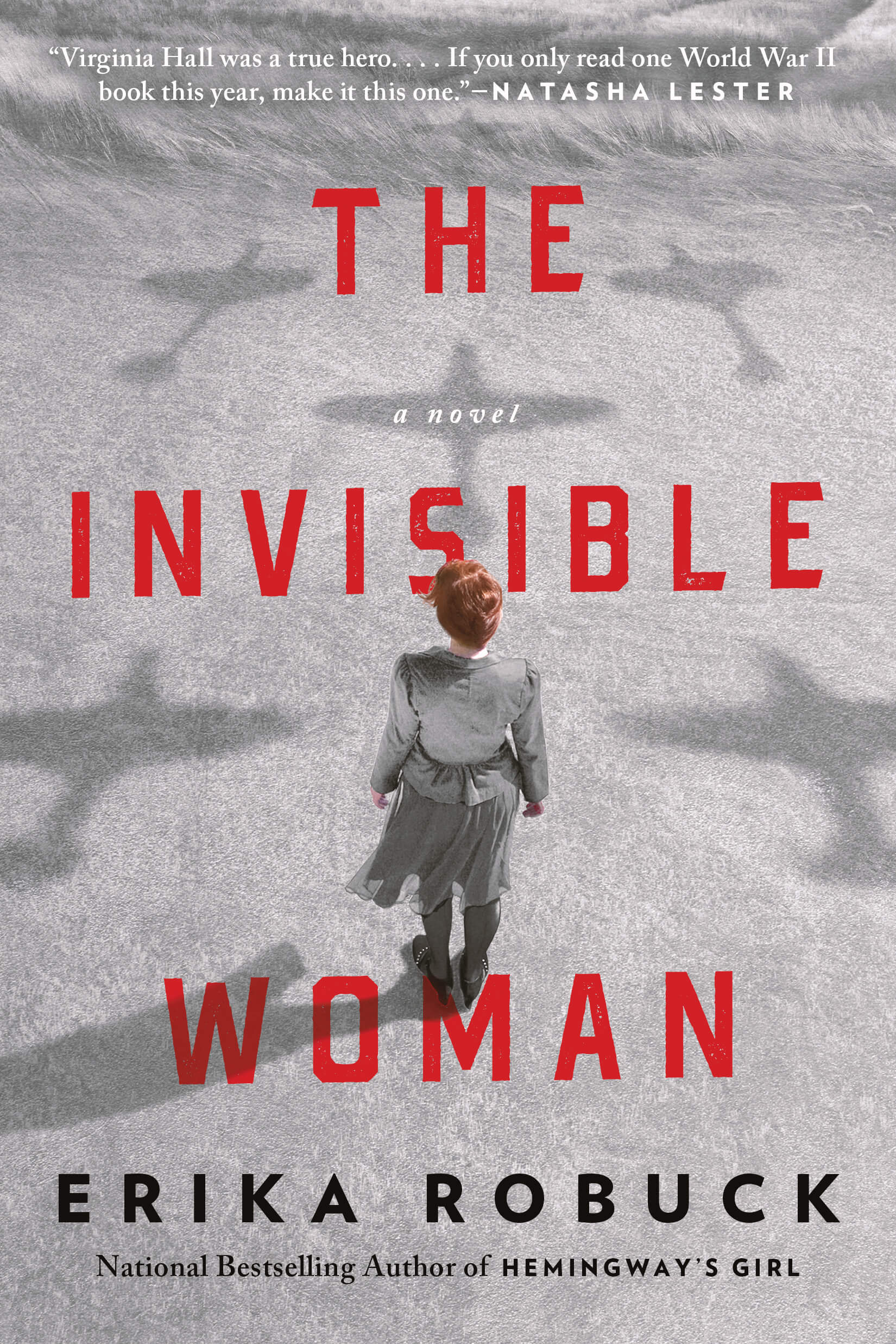
The Invisible Woman by Erika Robuck
Robuck brings real-life heroine Virginia Hall to life, highlighting her immense bravery as an Allied spy in German-occupied France during World War 2. She depicts Hall’s extraordinary heroism amid the horror of the Nazi atrocities while also shining a light on the thousands of regular people who bravely joined the Resistance (and put their lives on the line) to ensure that their country would not fall to the Nazis.
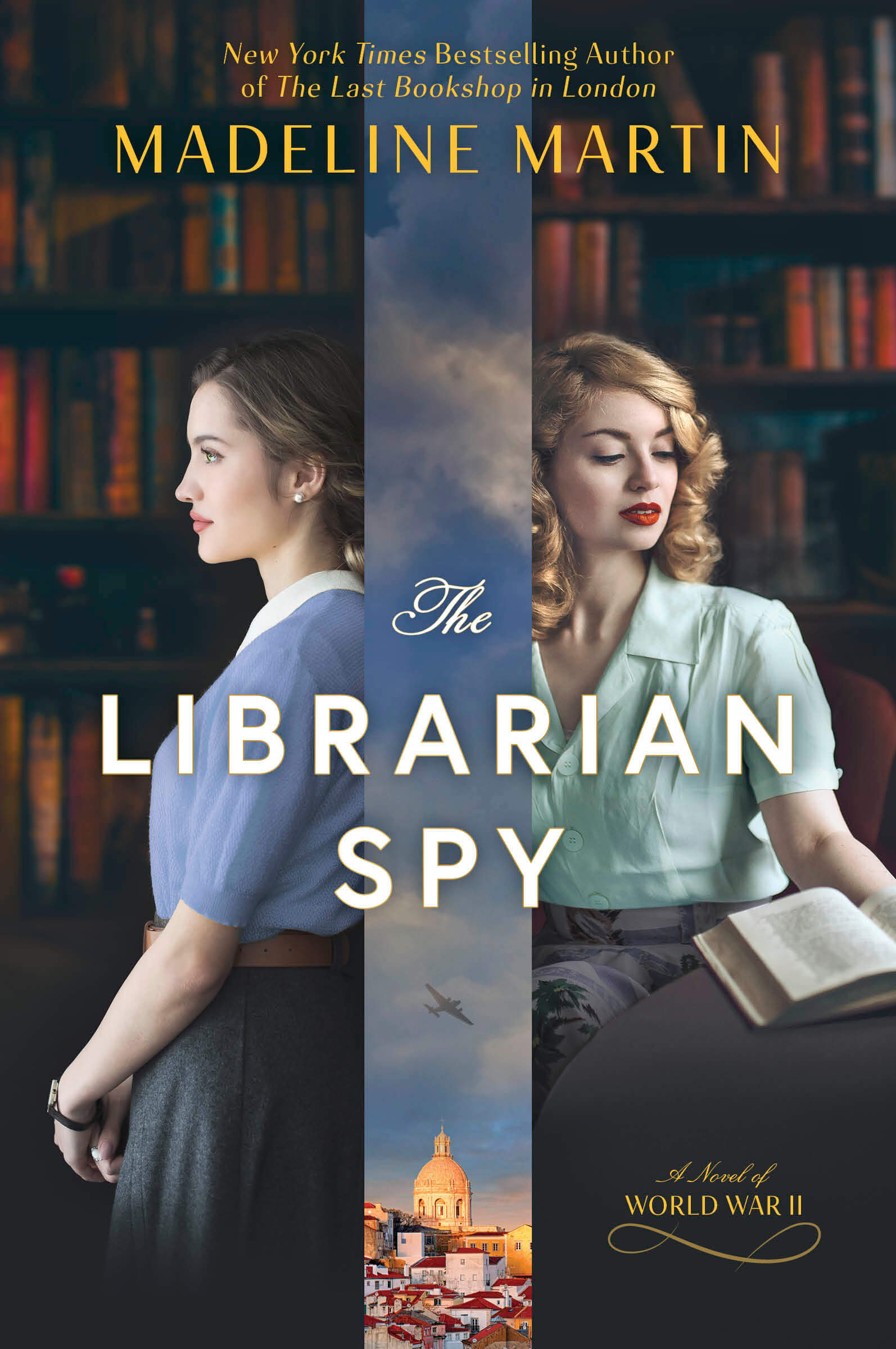
The Librarian Spy by Madeline Martin
Ava works as a librarian at the Library of Congress until she is recruited by the U.S. military to spy during World War 2. She is sent to Lisbon to pose as a librarian while gathering intel for the war effort. Meanwhile, Elaine is working in Lyon helping to operate a printing press run by the French Resistance, but the Nazis are frantically searching to locate the press and silence the printer. As the war continues, the two women begin communicating through coded messages and working to help win the war.
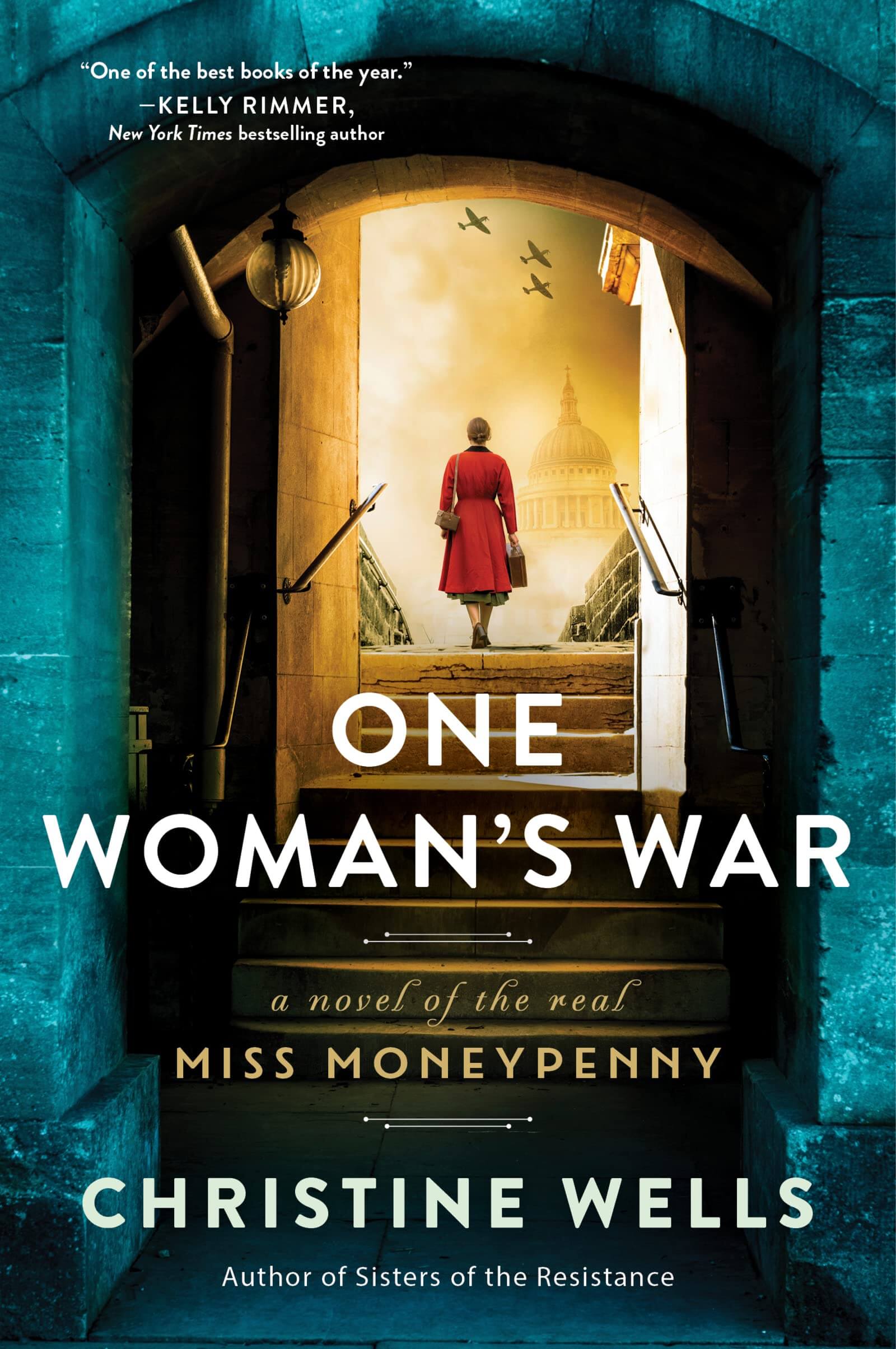
One Woman’s War by Christine Wells
Based on the woman who inspired Miss Moneypenny in the James Bond stories, One Woman’s War relays the life of Victoire (“Paddy”) Bennett, a British Naval Officer during World War 2. Paddy begins working as a secretary for Commander Ian Fleming, but quickly rises through the ranks to become a full-fledged spy. When Fleming creates a dangerous plot to outfox the Germans about Allied invasion plans, he recruits Paddy to help. Newly married, Paddy is eager to work in the field but quickly realizes that the operation will impact her marriage, as she struggles to balance duty to her country and her personal relationships.
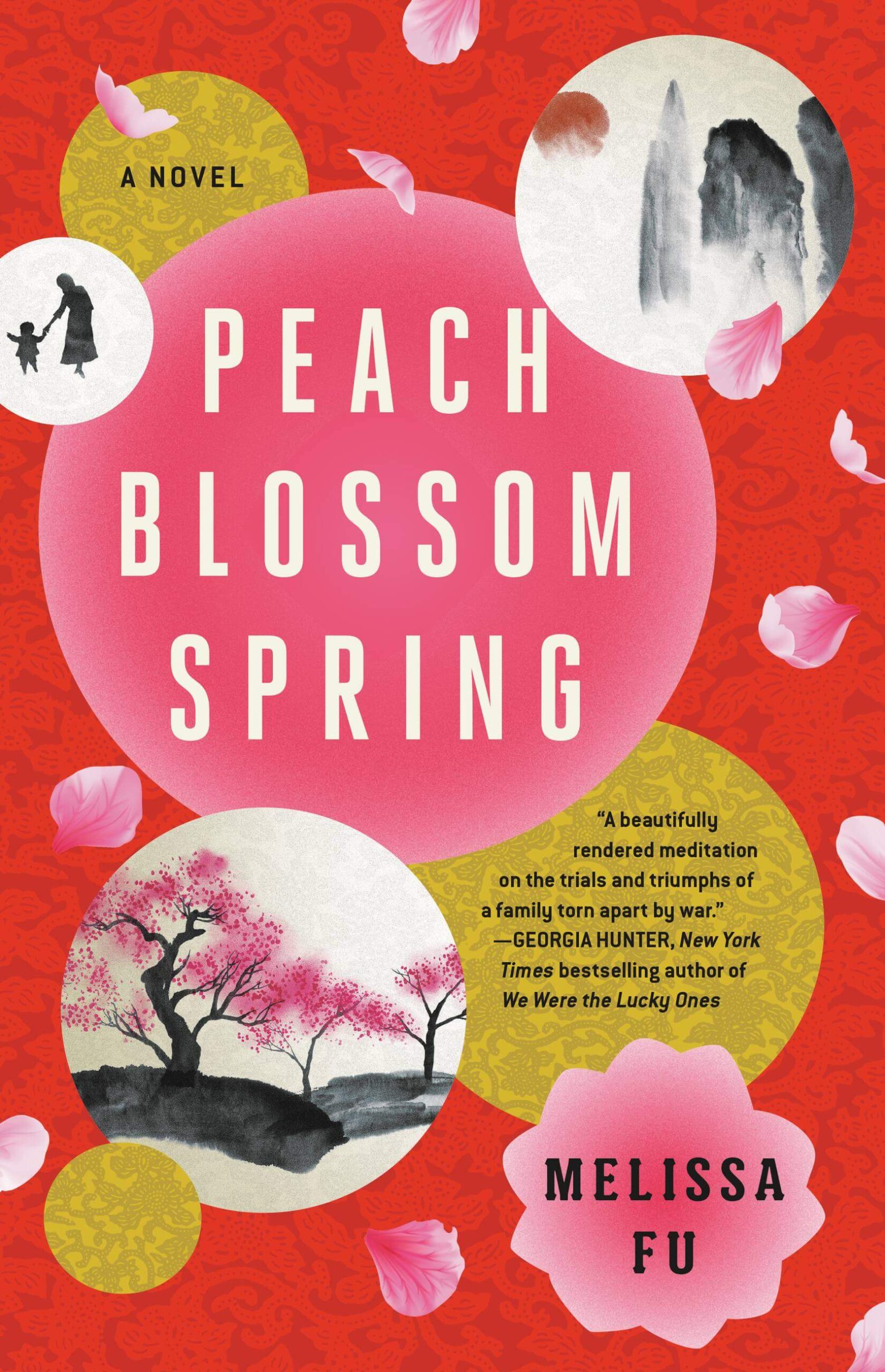
Peach Blossom Spring by Melissa Fu
This multi-generational tale begins in 1938 China when a mother and her son must flee the rapidly approaching Japanese Imperial Army. The one solace amid the hardship is their beautifully illustrated scroll containing ancient fables; this manuscript provides them hope as they are forced to move from place to place. Spanning decades and continents, Peach Blossom Spring reveals that one’s past is never quite forgotten and that physically leaving a place does not erase the mental scars.
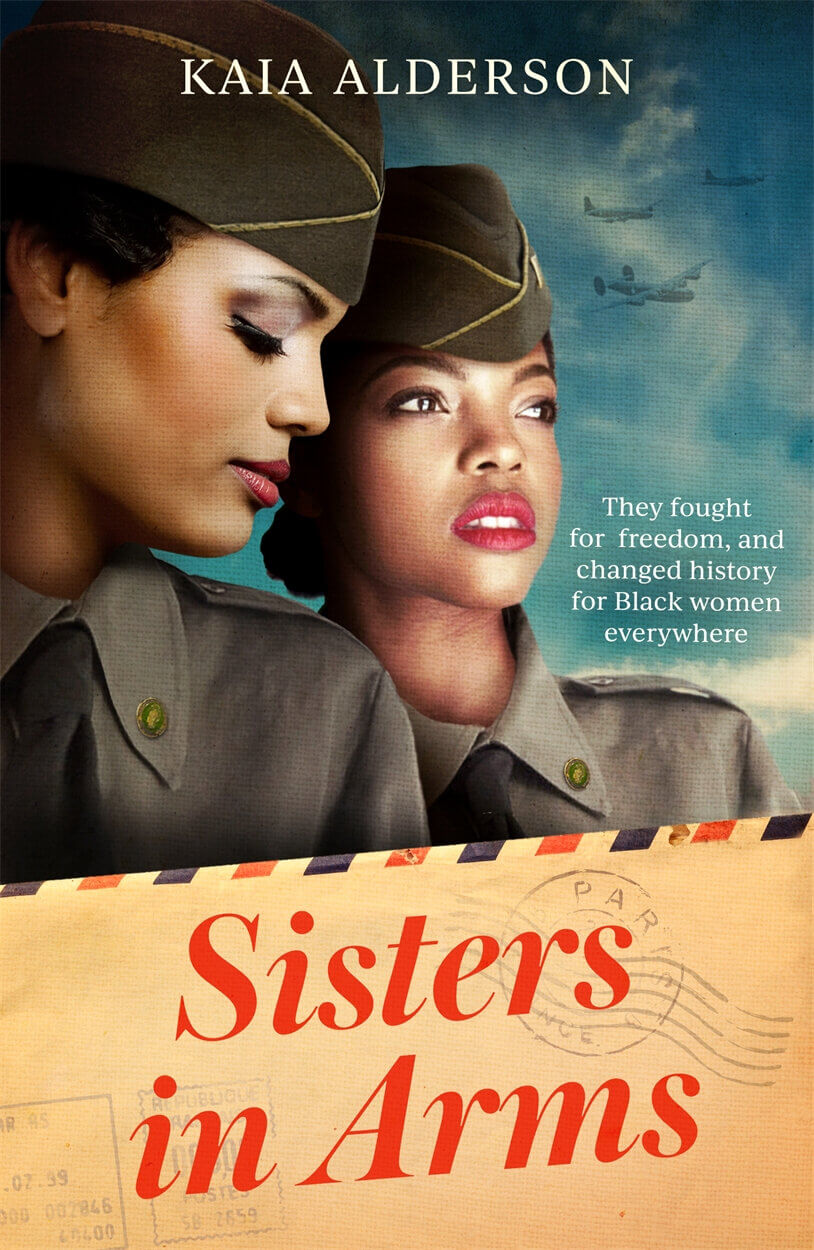
Sisters in Arms by Kaia Alderson
Kaia Alderson’s book is inspired by the true story of the women of the 6888th Central Postal Directory Battalion (the Six Triple Eight), the only all-Black battalion of the Women’s Army Corps during World War 2. Tasked with crossing the Atlantic to ensure U.S. servicemen received word from their families during the war, these brave women not only dealt with the regular dangers of war, but they also had to contend with racial injustice and those who wanted them to fail.
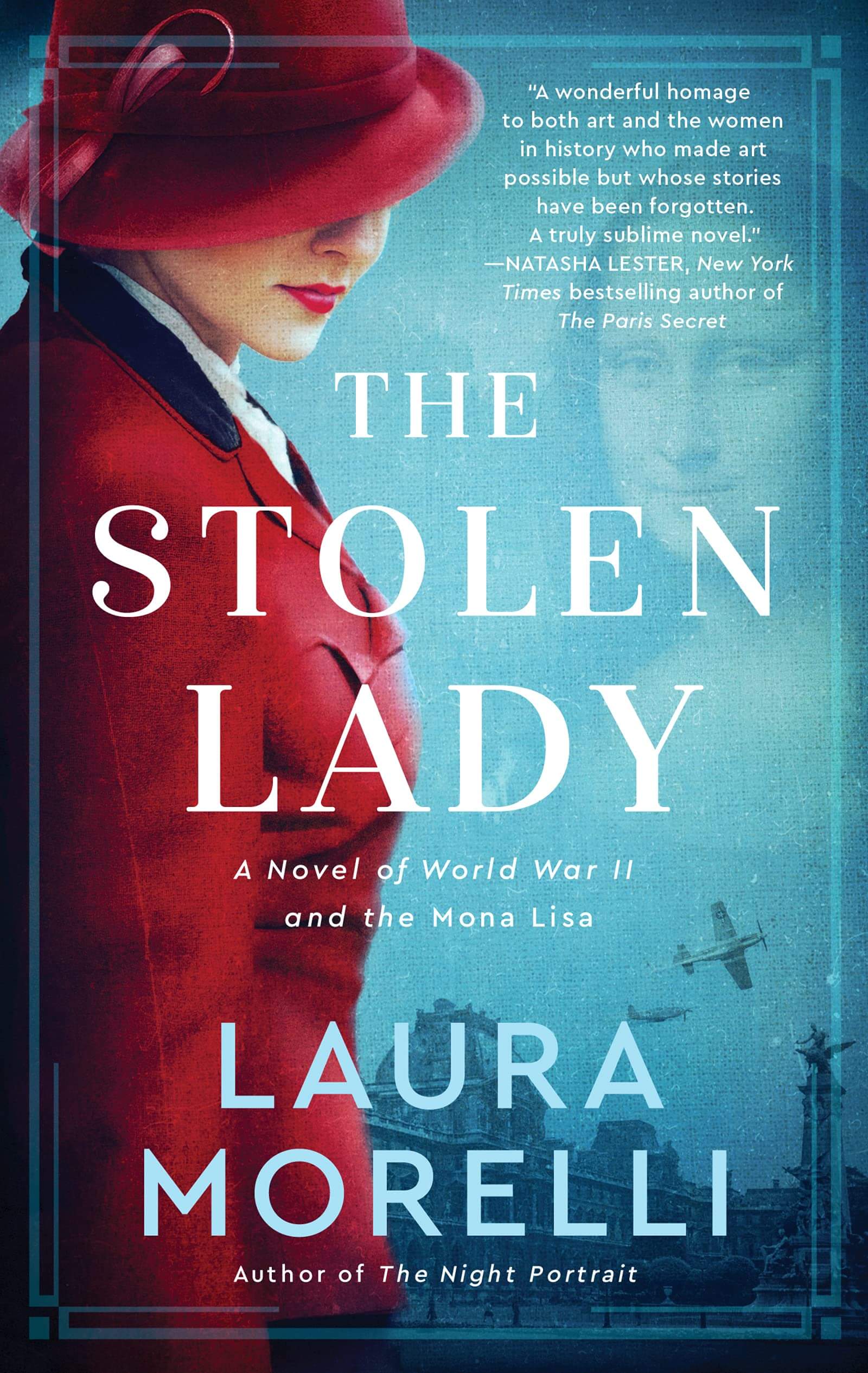
The Stolen Lady by Laura Morelli
The Stolen Lady centers around the art saved by the French during World War 2 with a particular focus on the Mona Lisa. Set in Florence in 1479 and during World War 2 in France, the book follows two women separated by centuries who hide the famous painting with unintended results. In 1479, Leonardo da Vinci paints his now-iconic masterpiece, and a revolt against the Medicis leads to the disappearance of the painting. Hundreds of years later, a woman working at the Louvre is tasked with keeping the art and other treasures in the Louvre safe from the Nazis and finds herself trying to stay one step ahead of the Germans in a complex game of cat-and-mouse.
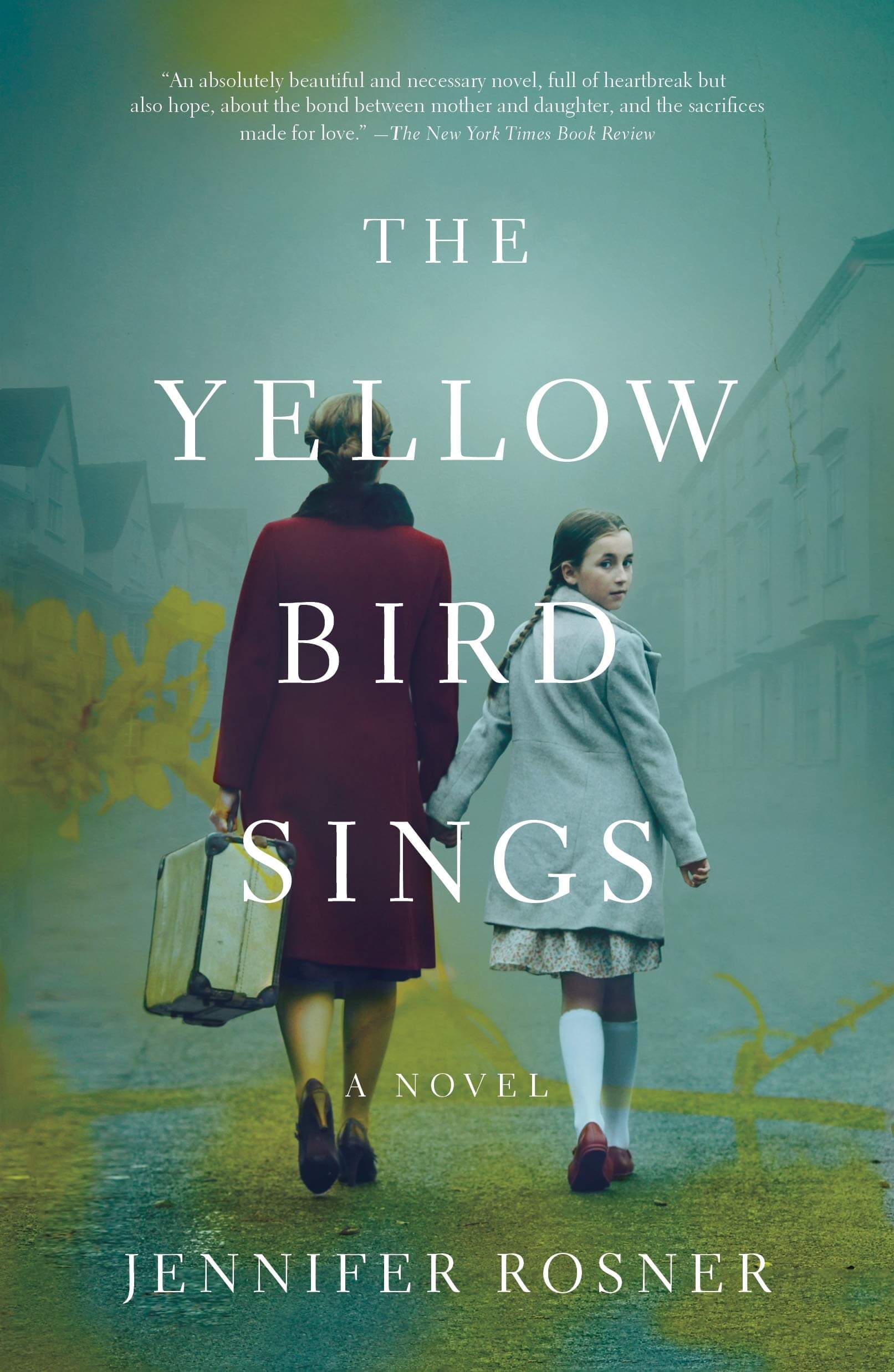
The Yellow Bird Sings by Jennifer Rosner
During World War 2 in Poland, a Jewish mother and her young daughter, a musical prodigy, hide in a neighbor’s barn as Nazis round up the Jews in their town. Anxious to keep her young daughter Shira quiet and safe, Roza tells her a story about a girl who lives in an enchanted garden. The girl is not allowed to make any noise so instead a yellow bird sings: the bird sings whatever the girl composes in her head. While the enchanted tale keeps Shira safe initially, the Germans decide to use the barn where they are hiding, and Roza is forced to make a choice no mom should have to make.
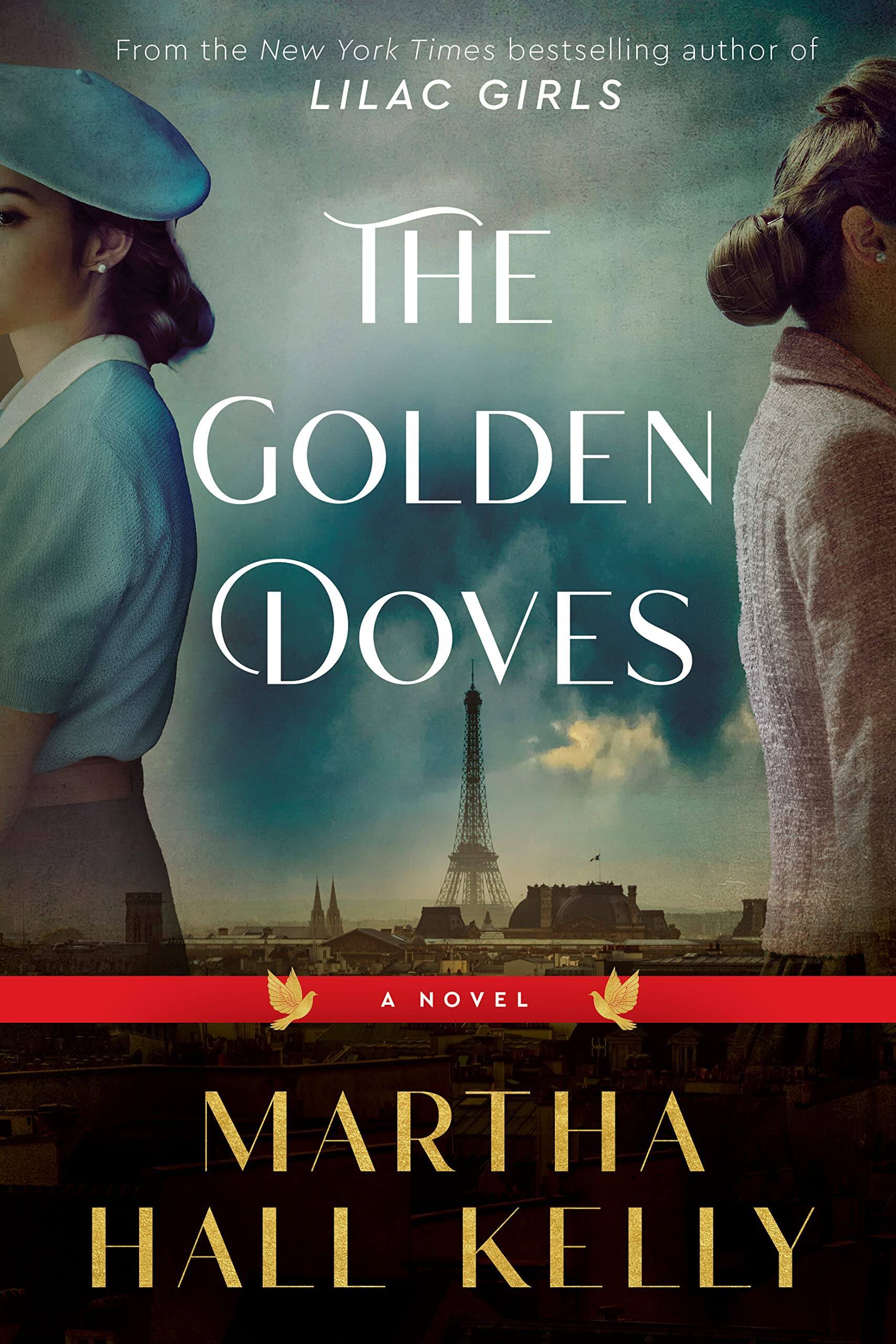
The Golden Doves by Martha Hall Kelly
Working in the French resistance, American Josie Anderson and Parisian Arlette LaRue steal so many Nazi secrets that they become known as The Golden Doves. When they are arrested, they get sent to the Ravensbrück concentration, along with their families, where Arlette’s son is taken from her and a Nazi doctor does unspeakable things to Josie’s mother. A decade later, the Doves have the opportunity to embark on a dangerous quest for vengeance to find the infamous doctor and to find Arlette’s son.
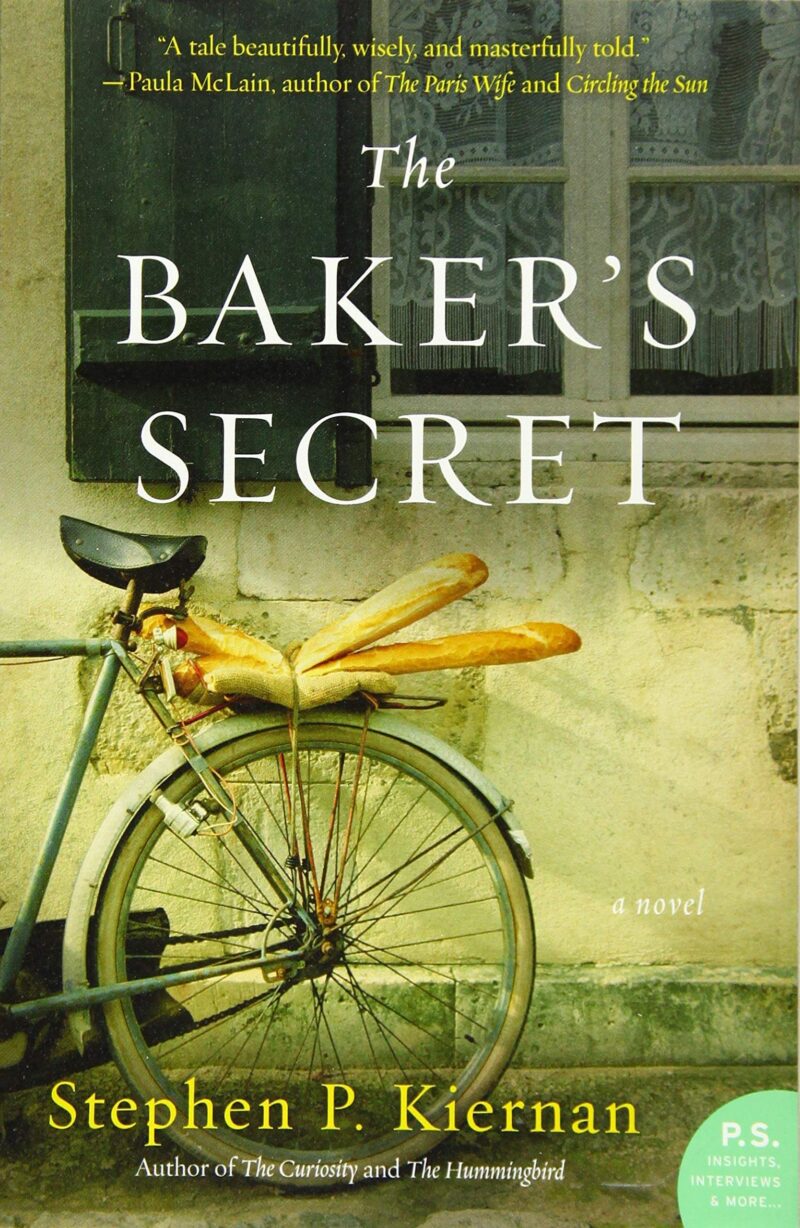
The Baker’s Secret by Stephen P. Kiernan
The Baker’s Secret takes place in Le Verger, a French town on the Normandy coast, on the eve of D-Day. The town is occupied by the Nazis who have beaten down the townspeople with countless acts of cruelty including rationing food to the point that everyone is slowly starving. Kiernan tells the tale of the courageous baker Emmanuelle and her fellow villagers who worked to defy the Nazis in their own subtle ways. The Baker’s Secret is a tear-jerker (have plenty of tissues handy), but the book’s message is one of optimism and the ability of humans to overcome even the most tragic circumstances.
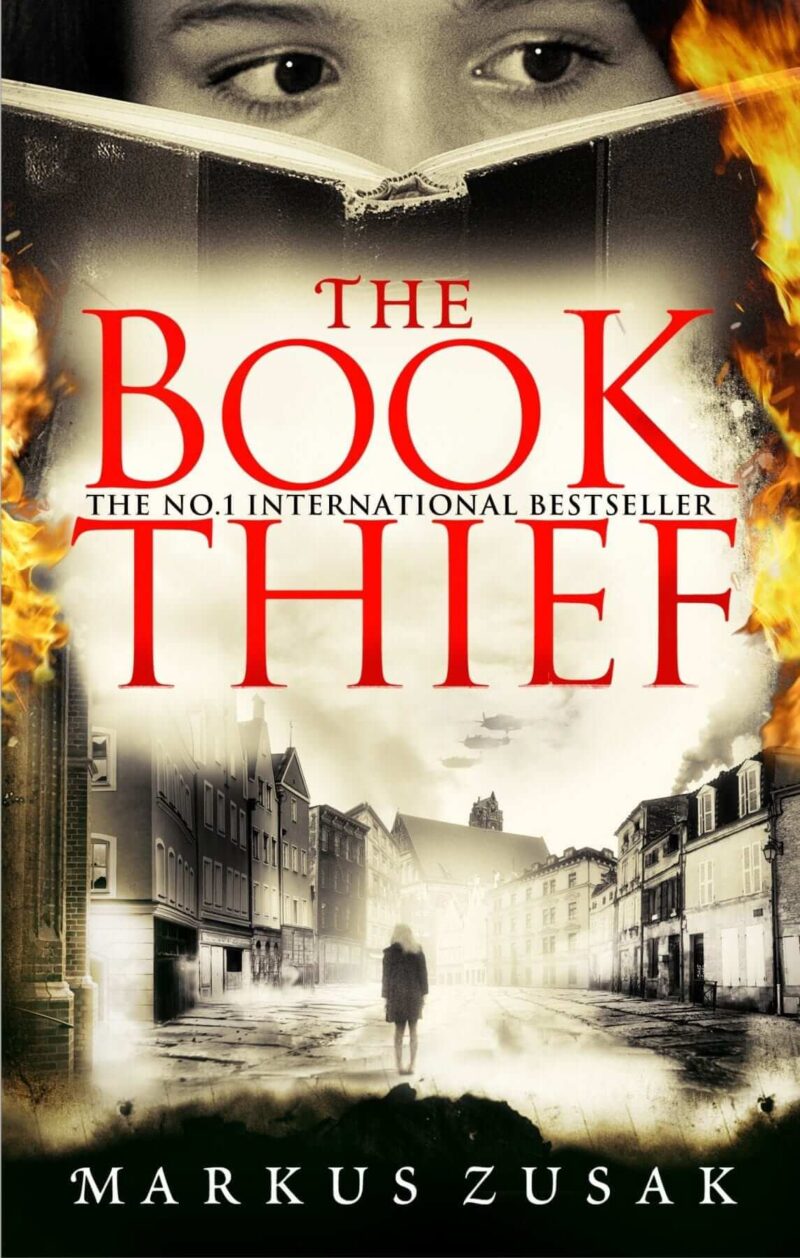
The Book Thief by Markus Zusak
Told from the unique perspective of Death, The Book Thief is a stunning and evocative masterpiece. Zusak’s characters are courageous and authentic and his story focuses on everyday people enduring Nazi rule in a small town outside of Munich, the power of books and the written word. Frequently chilling and often heartbreaking, the novel does not shy away from describing the horrors of war; however, it ultimately champions the human spirit and its refusal to be cowed by evil. The Book Thief is a tale that will not soon be forgotten, and it remains one of the best books I have ever read.
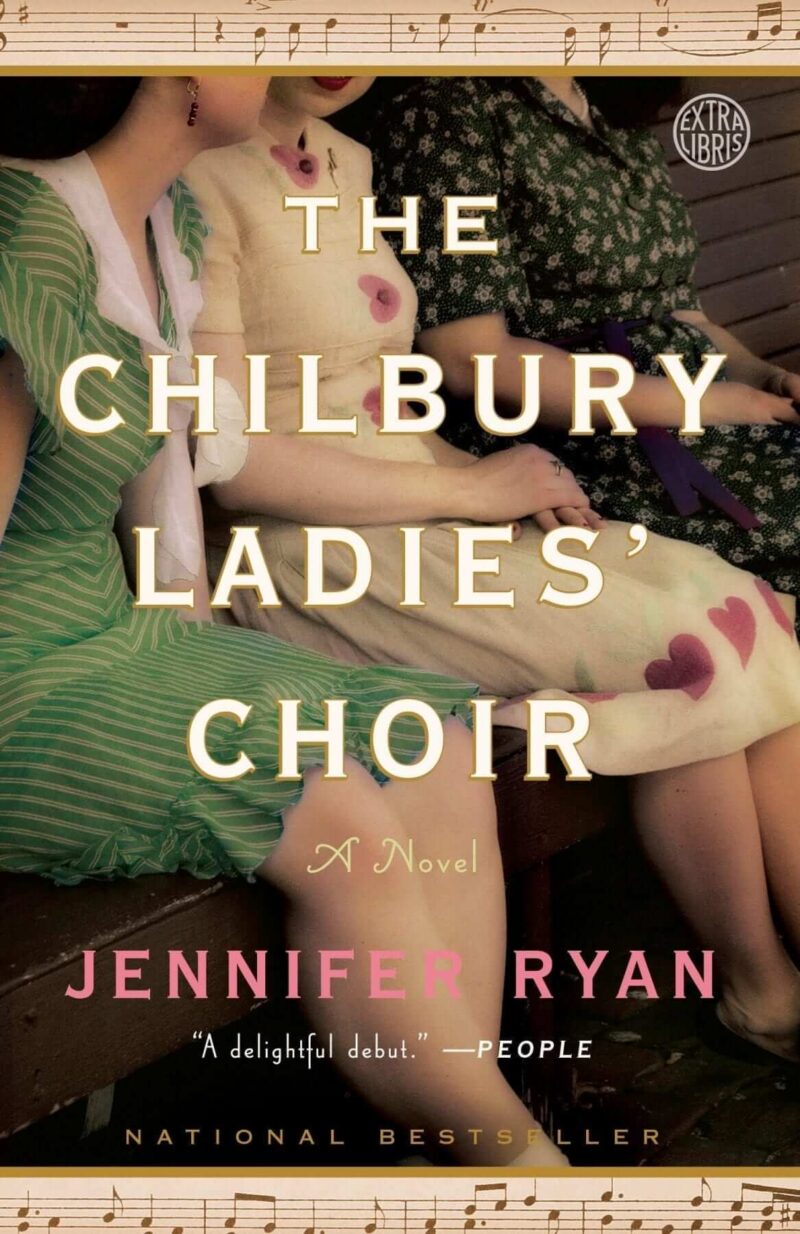
The Chilbury Ladies’ Choir by Jennifer Ryan
Jennifer Ryan tells her story in an epistolary format using a series of journal entries and letters, a method that is very effective for this novel. Chilbury is a fictional small town in England close to the eastern coast. As the story opens in 1941, most of the men have left to fight in the war causing the vicar of the local church to disband the choir until the war has concluded. A group of women, lead by a spirited newcomer, rebel against the vicar’s wishes and create the Chilbury Ladies’ Choir. The effect of the choir on Chilbury and several neighboring towns is immense, and the book contains both hilarious and heartbreaking storylines. The Chilbury Ladies’ Choir includes countless valuable sentiments and statements about both the war and life generally, and the book and its characters have stayed with me several years after I finished reading it.
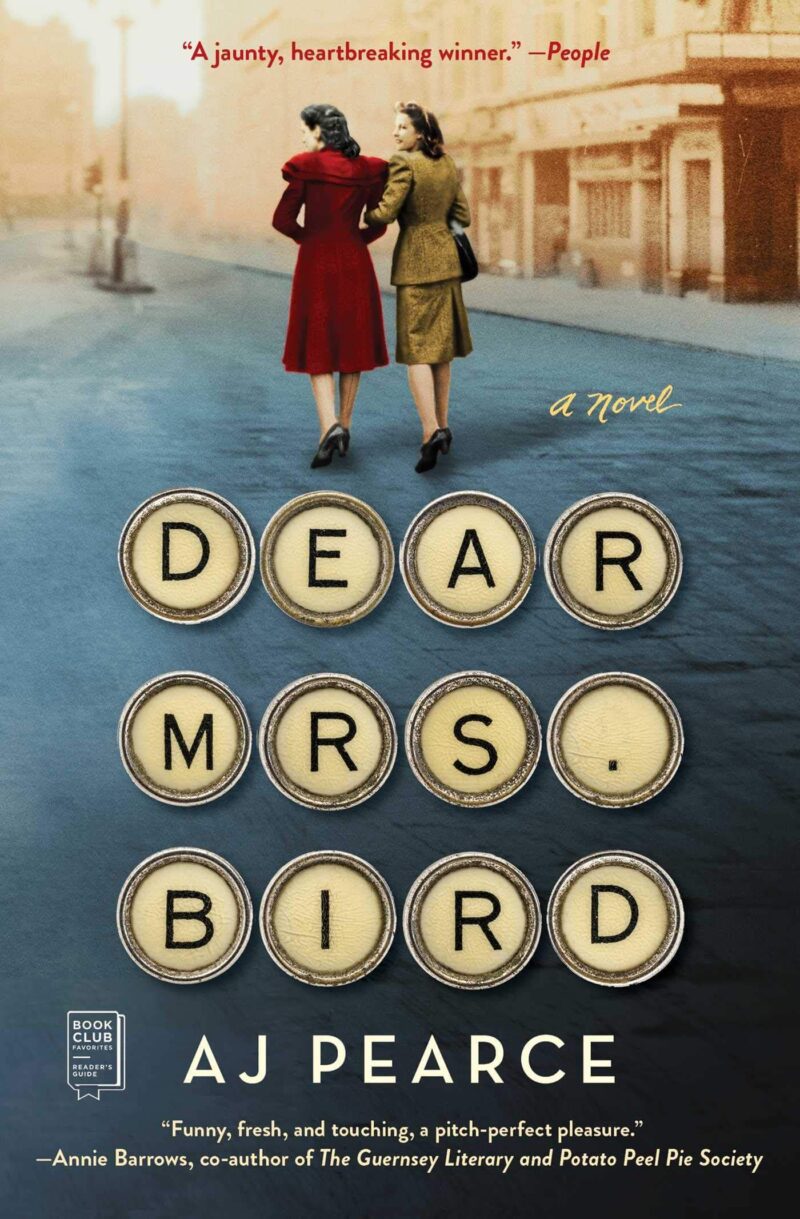
Dear Mrs. Bird by A.J. Pearce
As the book opens in 1940s London, Emmy Lake arrives for a newspaper interview thinking the position is for a lady war correspondent when instead the position is to sort through letters written to a Dear Abby type named Mrs. Bird. She is hired and, unhappy with Mrs. Bird’s opinions on many of the letters she receives (and Mrs. Bird’s refusal to answer any that she deems unpleasant), Emmy decides to secretly answer some of the truly desperate letters. While it might sound like a light read, the story is actually thought-provoking, occasionally heart-wrenching and simply superb. Pearce’s descriptions of blitzed and war-torn London are so vivid that at times readers will find themselves in London with Emmy and her friends. The plot is creative and original and Dear Mrs. Bird is a great addition to this sub-genre.
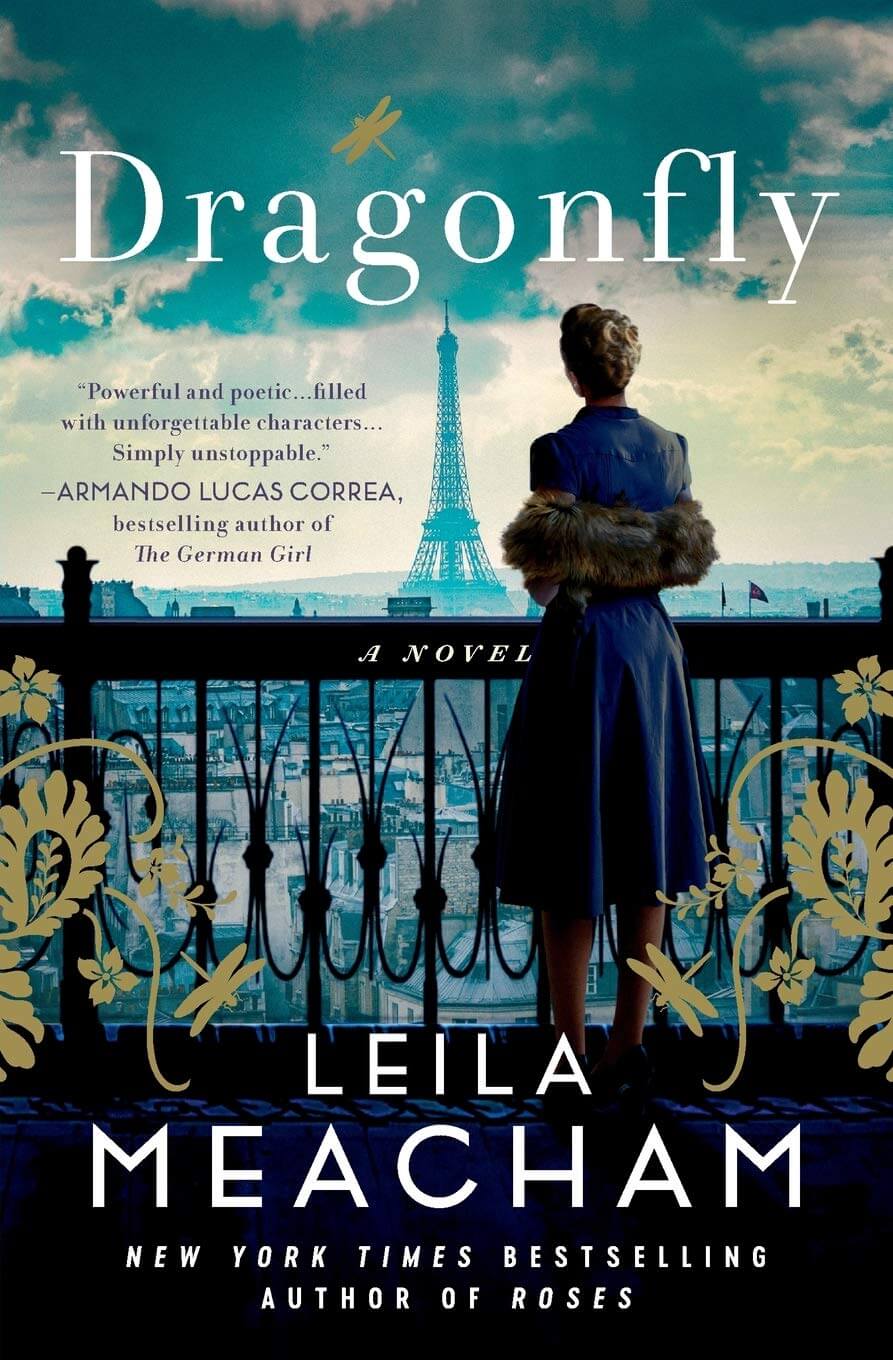
Dragonfly by Leila Meacham
Leila Meacham’s incredible World War II saga chronicles a fictional team of young Americans recruited as OSS agents to infiltrate Nazi-occupied Paris. The team is code-named Dragonfly, and upon arrival in Paris, the group disperses and sets about to fulfill their unique missions while also pursuing their own individual agendas. The genius of Dragonfly is Meacham’s ability to vividly portray German-occupied Paris and the treachery that constantly existed for those working to thwart Hitler and the Nazis. Her novel frequently proves the maxim “the best laid plans of mice and men often go awry” as each agent must quickly and intelligently adjust to the challenges and unexpected issues that regularly arise. Clever, suspenseful and character-driven, Dragonfly is a tour-de-force and a fabulous addition to this genre.
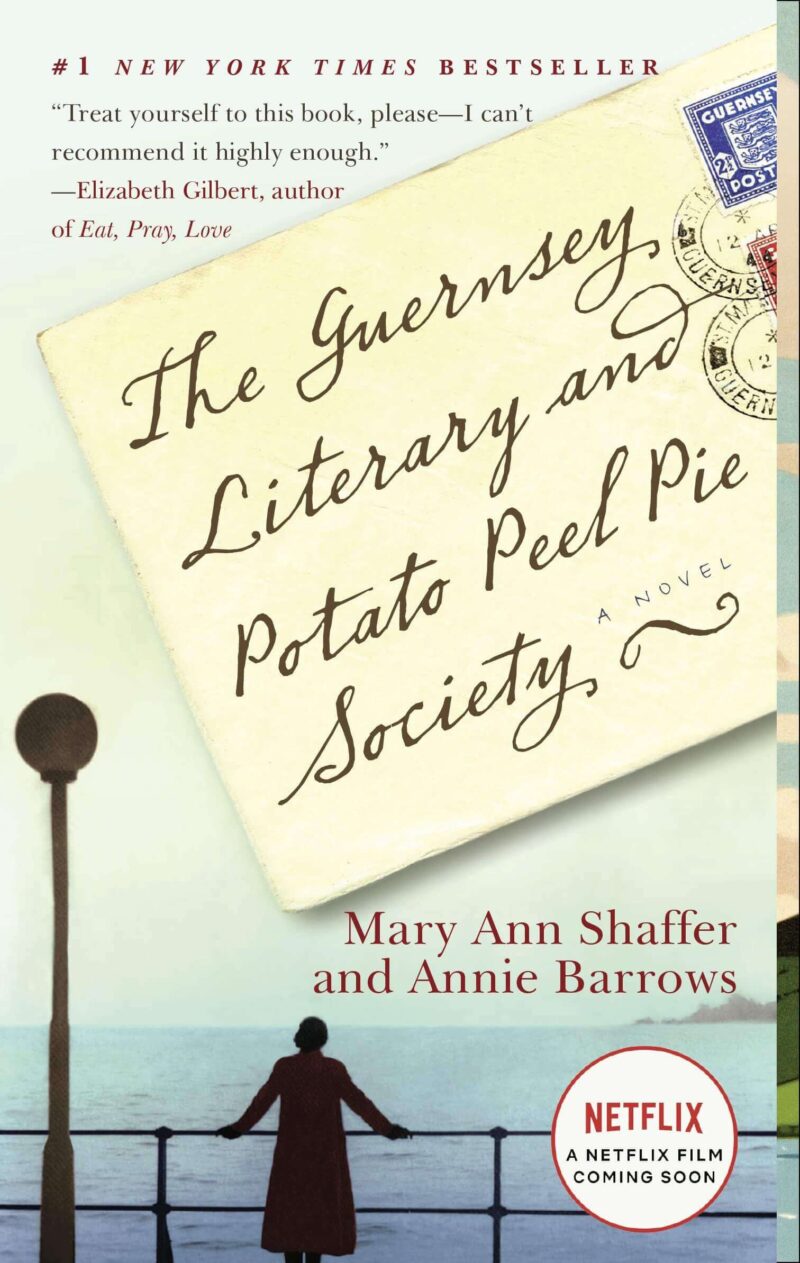
The Guernsey Literary and Potato Peel Pie Society by Mary Ann Shaffer
This cleverly crafted tale is another World War II story told in an epistolary format. Guernsey, an island off the coast of England, was occupied by the Germans during the war for a substantial amount of time. Shaffer brings the occupation to life through letters written right after the war ends between a female writer named Juliet Ashton and a resident of Guernsey named Dawsey Adams. The Guernsey Literary and Potato Peel Pie Society, a book club consisting of a group of island residents, is created spur of the moment when several Guernsey residents are found breaking the curfew set by the occupiers. Juliet is enthralled with everything about the book club – its reading choices, its offbeat members and what life was like on the island under German occupation. Shaffer focuses on the strength of the human spirit and the importance of community, especially in dark times.
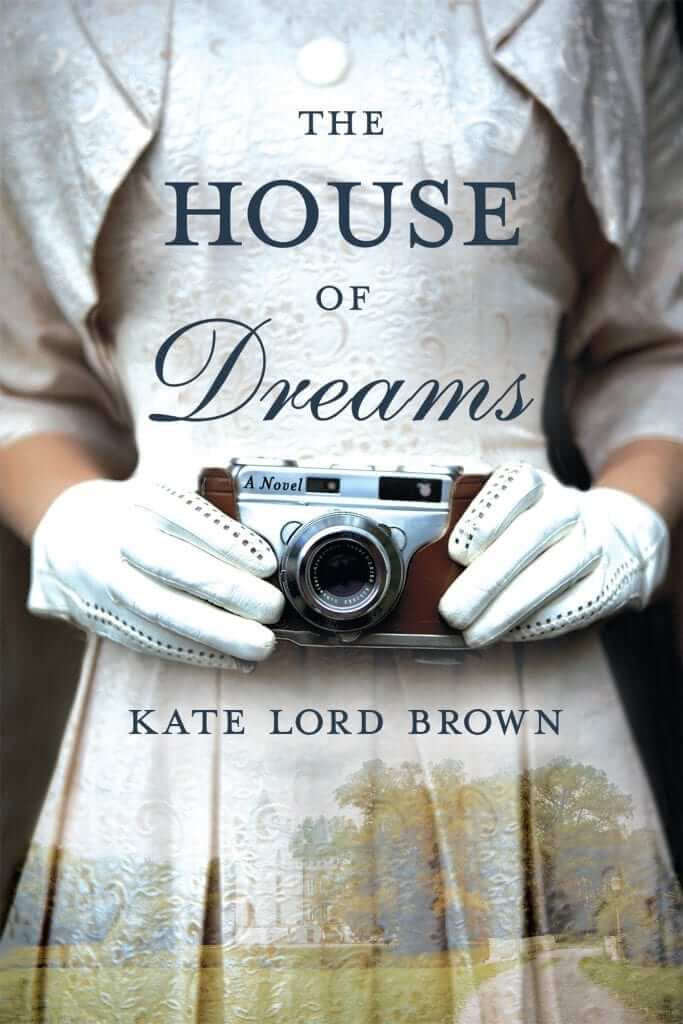
The House of Dreams by Kate Lord Brown
The House of Dreams chronicles the fascinating, little-known story of journalist Varian Fry and his team at the American Relief Center (ARC) in Marseille, France during World War II. This remarkable group heroically managed to assist countless artists, writers and other intellectuals escape Nazi Germany during the war. The title of the novel refers to the house rented by the ARC right outside of Marseille where these famous artists and writers gathered while waiting to escape Europe. The Sunday meetings there were legendary, and people would come from all over to participate in the weekly sessions. Brown’s beautiful novel highlights the heroism of Fry and his team who helped save countless intellectuals and artists including Max Ernst, Hannah Arendt and Marc Chagall.
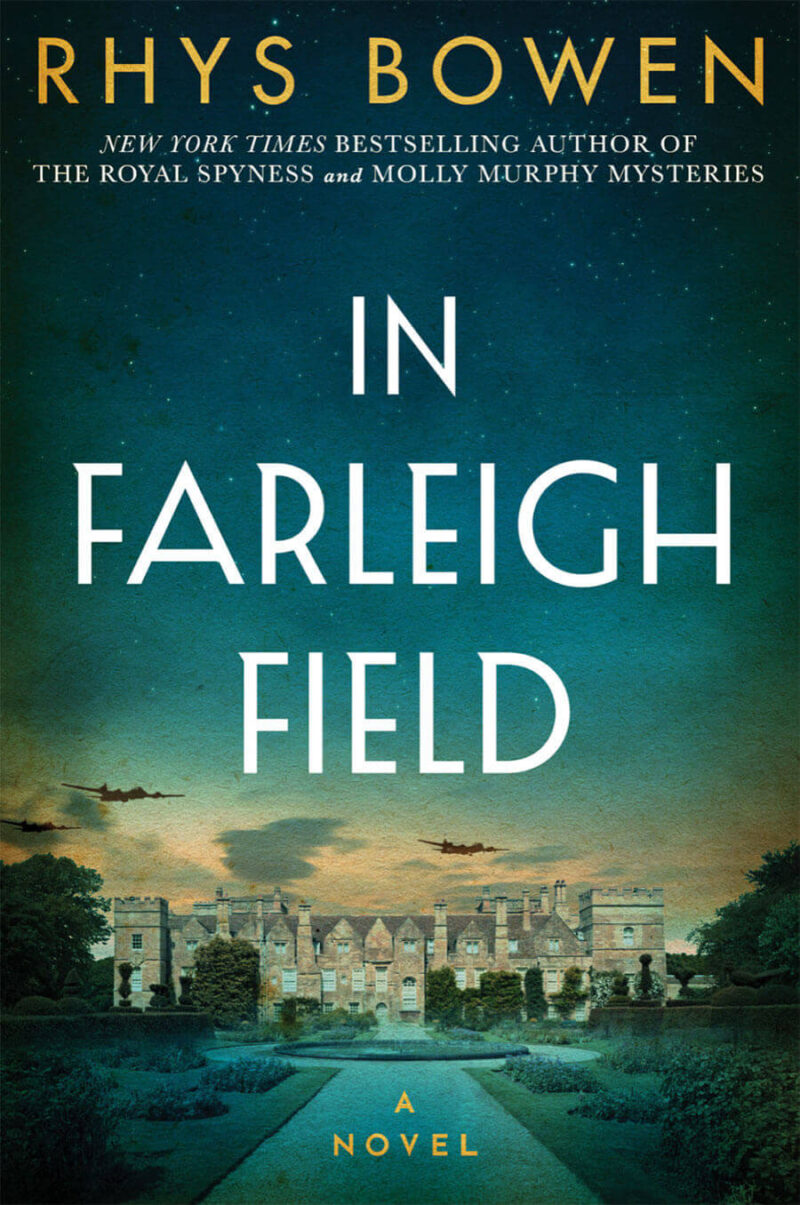
In Farleigh Field by Rhys Bowen
The central plot of the book is set at the ancestral home of Lord Westerham, named Farleigh Place, which is serving as headquarters for one of the British armed forces groups. Lord Westerham has five daughters, three of whom play large roles in the story: Pamela, Margot and Phoebe. Pamela works at Bletchley Park breaking German codes, Margot is in Paris working for the French Resistance, and Phoebe is at home worried about her discovery of the body of a soldier whose parachute failed as he tried to land near Farleigh Place. There are various subplots that develop as the story progresses and by the end, they tie everything together very effectively. Bowen’s exhaustive research is evident. The extra tidbits she includes add to the storyline in spectacular ways.
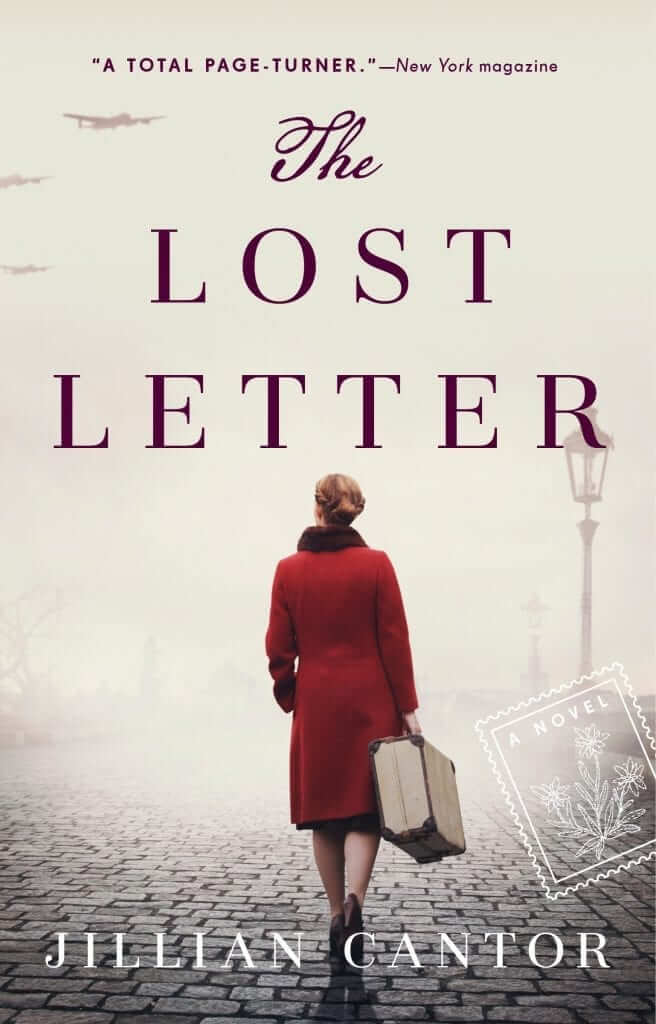
The Lost Letter by Jillian Cantor
Jillian Cantor fashions an intriguing and fascinating tale of resistance to the Nazis while highlighting the innovative ways resistance workers used to evacuate Jews from Austria. Inspired by actual events, The Lost Letter focuses on stamp engravers who helped the Austrian Resistance by sending covert messages in stamp designs and forging papers for Jews trying to leave the country. Cantor uses a dual timeline format, World War II and the present, and ties them together splendidly and seamlessly. The Lost Letter is a simply fabulous and stunning read.
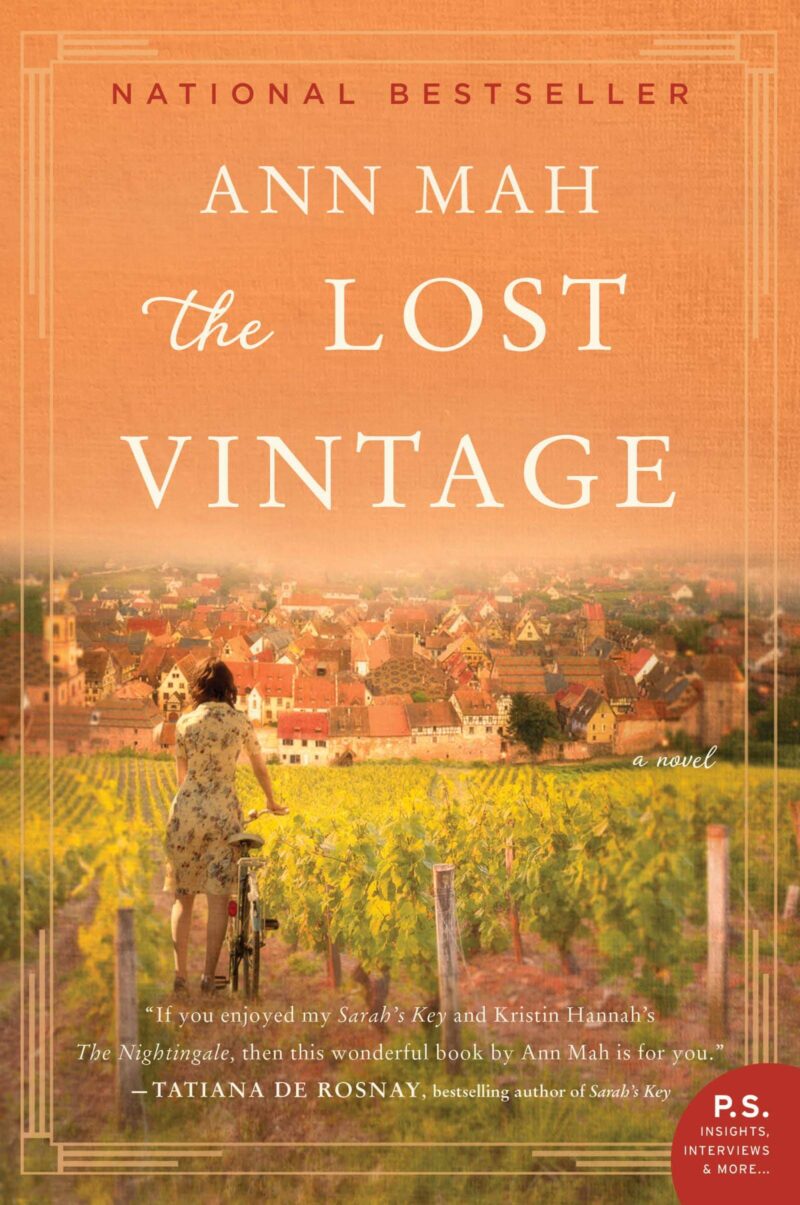
The Lost Vintage by Ann Mah
The Lost Vintage is a beautifully crafted tale focusing on the French Resistance during and after the war. In the present-day tale, Kate is studying to pass the Master of Wine Examination and travels to her family’s estate in Burgundy to attempt to master the Burgundian vintages. While there, she uncovers a hidden room filled with World War II resistance pamphlets and a vast amount of valuable wine. Spurred on by her discovery, Kate delves into her family’s past and uncovers a great aunt named Helene who was expunged from the family history because she had been labeled a collaborator following the war. Mah’s novel addresses the way the French dealt with collaborators, particularly women, following the war and the way these women were treated once denounced as collaborators (with or without evidence).
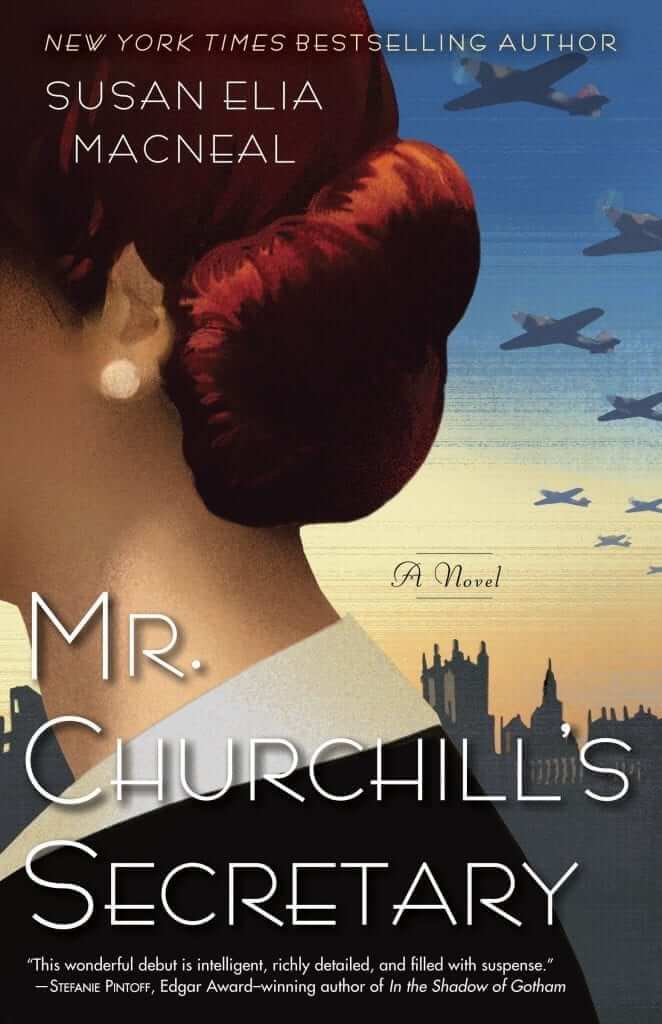
Mr. Churchill’s Secretary by Susan Elia MacNeal
Mr. Churchill’s Secretary is the first book in the award-winning series featuring Maggie Hope. Highly educated, Maggie arrives in London to dispense with a house she inherited just as the Blitz begins. Eager to help the Allies defeat Hitler, she applies for a job and is hired as the newest secretary to Winston Churchill, a job for which she is immensely overqualified. However, her job allows her access to classified documents and soon she is enmeshed in a mystery that may incriminate her own family and lead to her demise. MacNeal’s detailed descriptions of war-torn London, the Churchill War Rooms and Winston Churchill combined with a clever mystery and memorable characters result in a stellar start to a highly regarded and entertaining series.
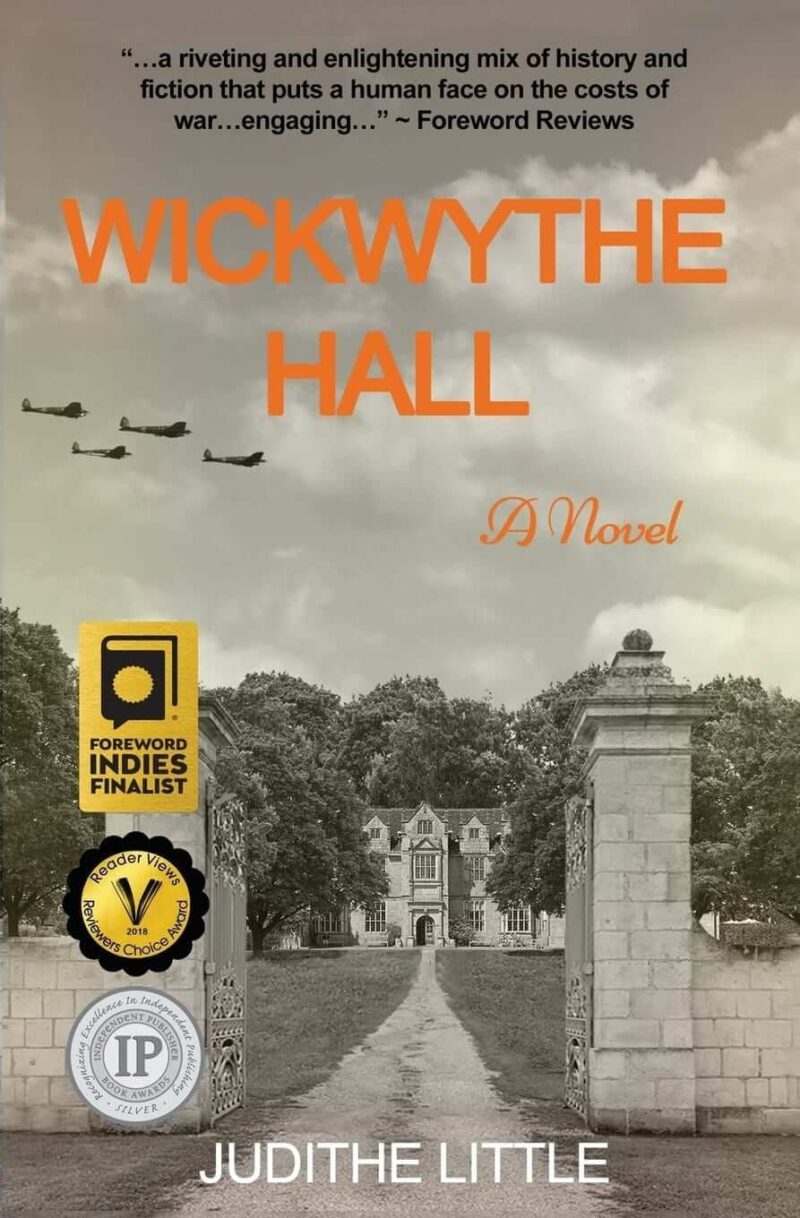
Wickwythe Hall by Judithe Little
Judithe Little has a way with words, and readers will quickly be drawn into Wickwythe Hall. Little covers a wide range of aspects of the war deftly, and her writing is so descriptive that readers will feel as if they are waiting on the dock in Dunkirk as the soldiers arrived, walking with the French people as they fled German-occupied France, and fleeing Mers el-Kebir, Algeria as the British bombed the French ships during Operation Catapult. I was fascinated to learn about the bombing of French ships by the British during World War II, a little-known event today that demonstrates the complexity and horrors of war.
Olga by Bernhard Schlink
This is the story of Olga, a woman who is held back by her gender and circumstance. Olga is raised in a time of chauvinism in a Prussian village by her grandmother after being abandoned by her parents. Her intelligence and uncompromisable curiosity make life hard in her time. When she falls in love with her neighbor, the son of a local aristocrat who loves adventure as much as Olga, many obstacles try to break them, going up against all odds. Yet, Olga and Herbert’s love endures. A story that takes decades to tell, continents to travel across, a strong love to witness, and tells the tale of a woman’s devotion to a restless man in a restless time of change starting in the late nineteenth century to the twenty-first.
See the books that won our annual She Reads Awards for the Best Historical Fiction Books.






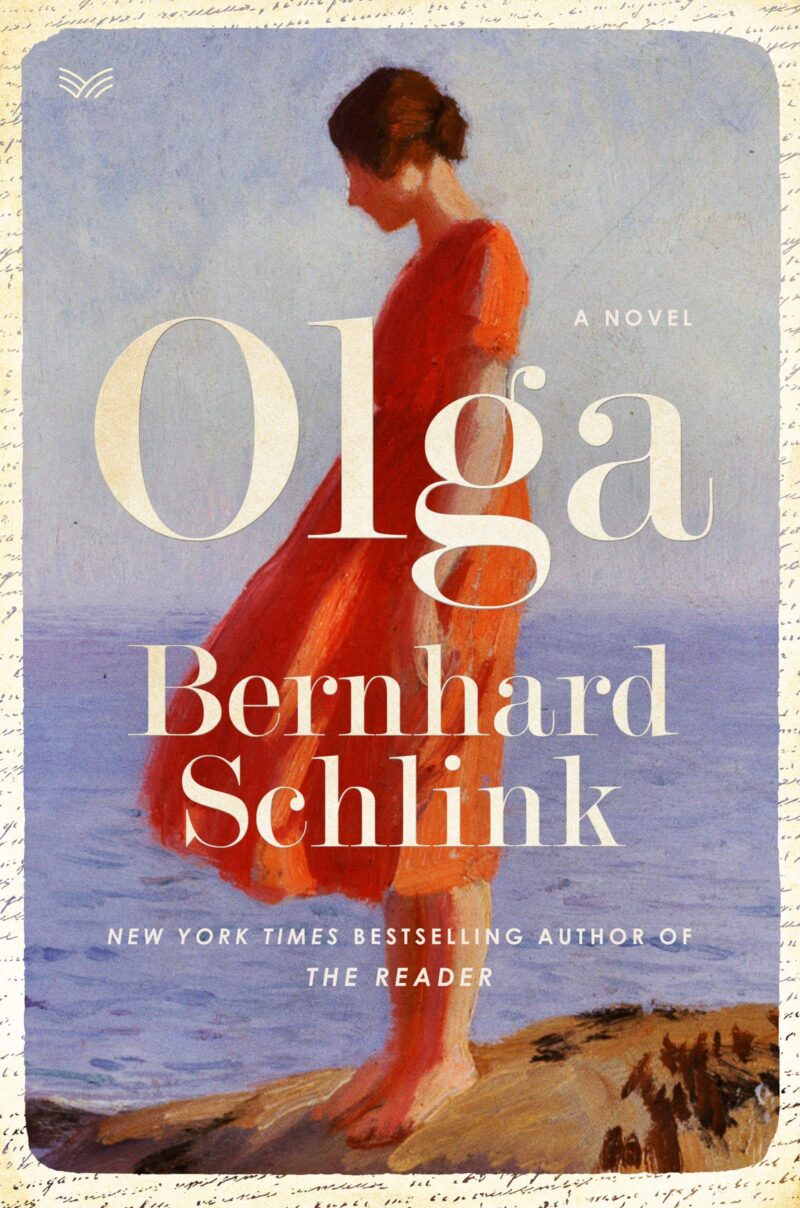

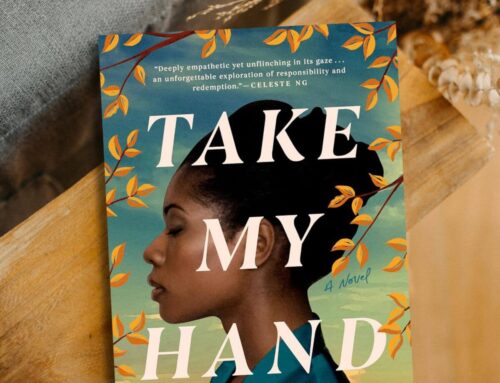
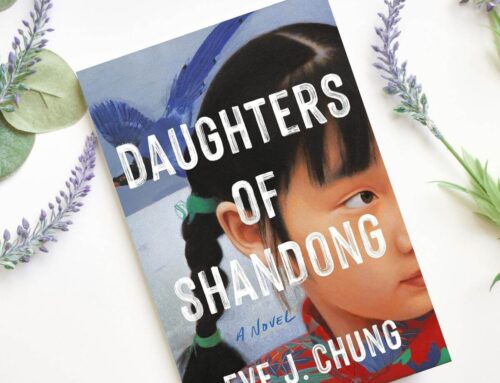
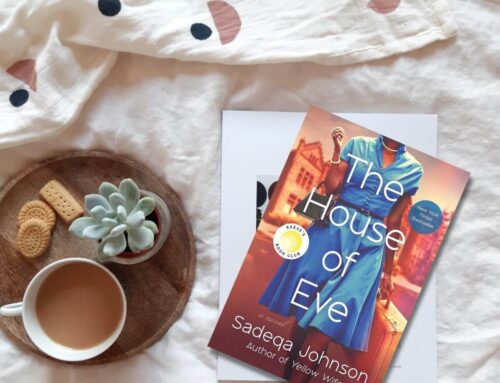
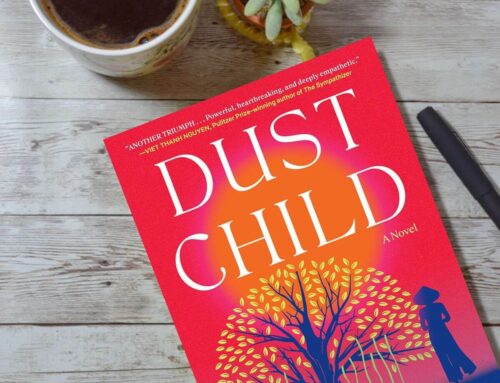
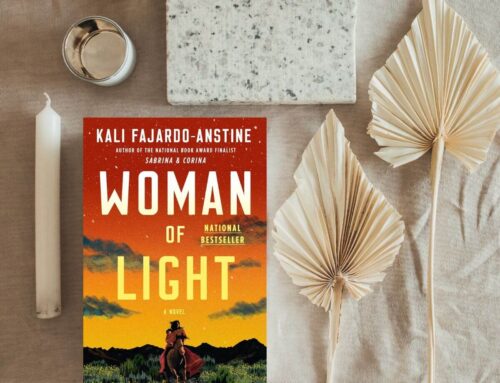
Great list, Cindy. I’ve read most of them but you’ve given me a few new ones to add to my tbr list. Thanks
Great list on one of my favorite subjects. Thanks Cindy!
I’ve read many of these! I just added a new fav WW11 to my growing list … Paper Hearts by Meg Wiviott
How many have read the Mike Hollow ‘Blitz Detective’ books? Absolutely stunning reads, along with W H Oxley’s books and not forgetting the best if the bunch: the Francis Hancock series of books by Barbara Nadal? OK! They’re all centred on East London during the blitz, but I doubt you’ll be able to put these down in a hurry.
Thank you for this list, I have about half of them, captivated by this time period. I read one a few years ago , had the word heart in the title, and concerned a young woman in London who meets up with a young boy as they deal with the bombings. Loved it but cannot recall the title.